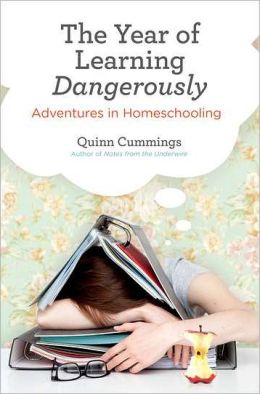This book was an unexpected gem. I picked it up because it's about Whit Alexander, the creator of the game Cranium, and I love Cranium. Strange reason to read the book, huh?

After selling Cranium, Whit started a business called
Burro in Ghana, renting rechargeable batteries to people who have no or very limited access to electricity on the grid. Whit's business is based on, and the book discusses in some detail, the idea of creative capitalism. Bill Gates spoke about it at Davos in 2008, when he said,
In a system of capitalism, as people's wealth rises, the financial
incentive to serve them rises. As their wealth falls, the financial
incentive to serve them falls, until it becomes zero. We have to find a
way to make the aspects of capitalism that serve wealthier people serve
poorer people as well.
The book is full of intriguing ideas about international aid and doing business in a developing nation. And it's just a fun story to read, too.






